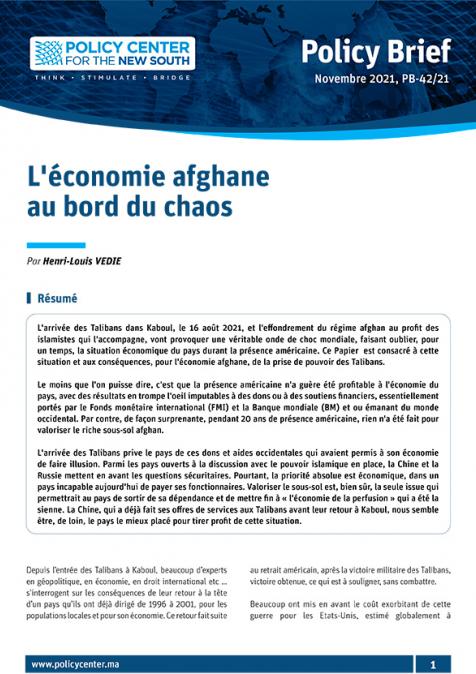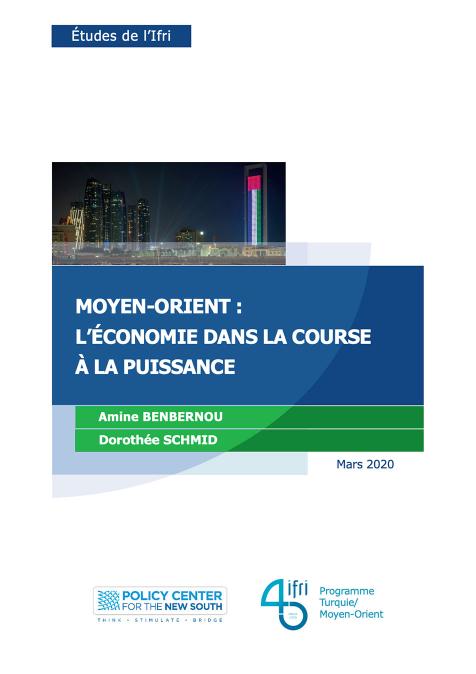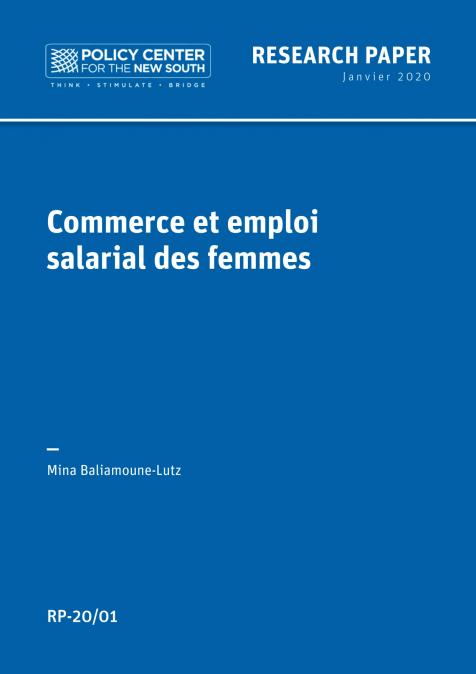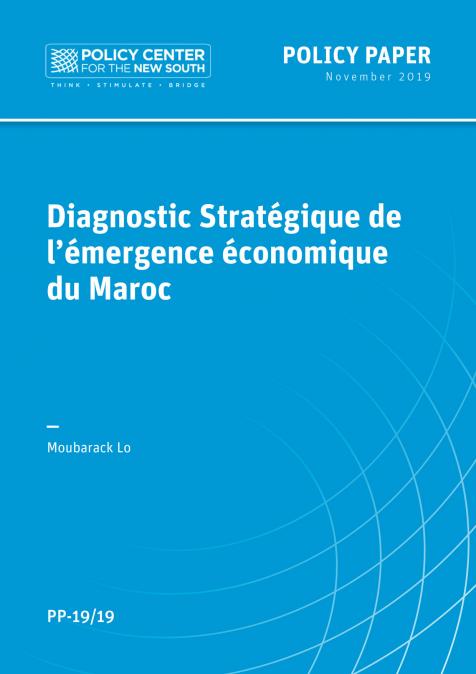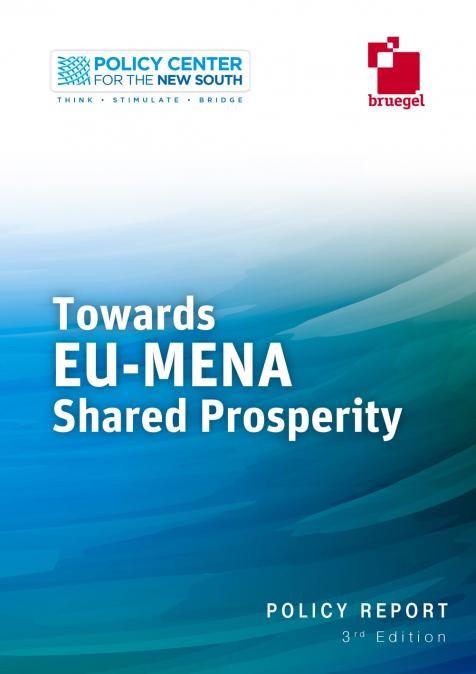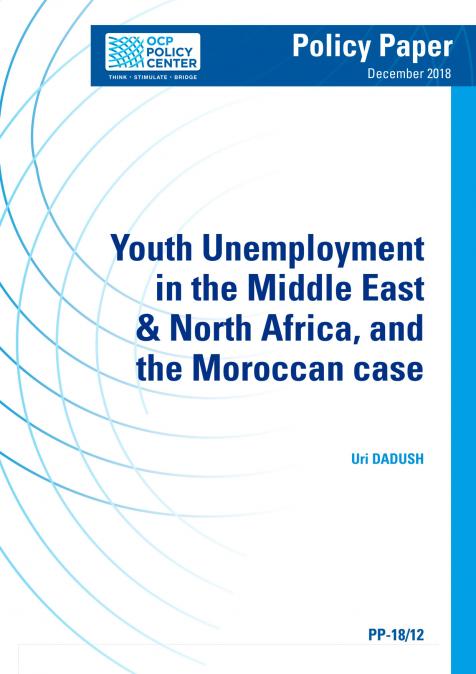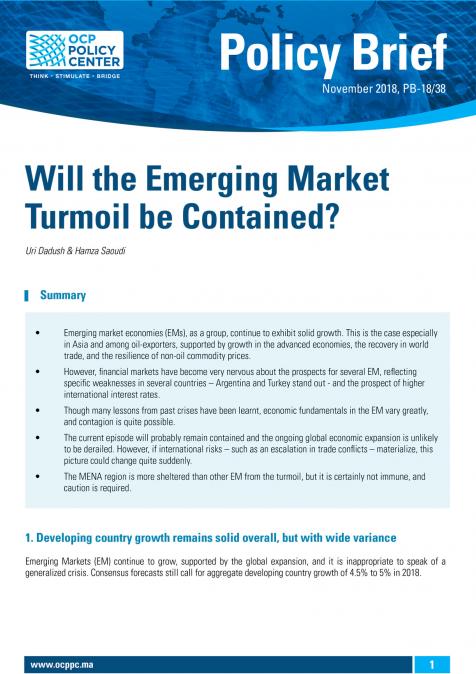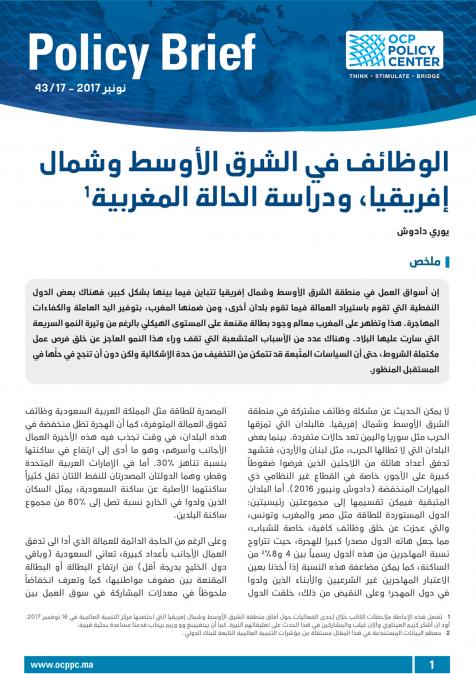Publications /
Policy Brief
L'arrivée des Talibans dans Kaboul, le 16 août 2021, et l'effondrement du régime afghan au profit des islamistes qui l'accompagne, vont provoquer une véritable onde de choc mondiale, faisant oublier, pour un temps, la situation économique du pays durant la présence américaine. Ce Papier est consacré à cette situation et aux conséquences, pour l'économie afghane, de la prise de pouvoir des Talibans.
Le moins que l'on puisse dire, c'est que la présence américaine n'a guère été profitable à l'économie du pays, avec des résultats en trompe l'oeil imputables à des dons ou à des soutiens financiers, essentiellement portés par le Fonds monétaire international (FMI) et la Banque mondiale (BM) et ou émanant du monde occidental. Par contre, de façon surprenante, pendant 20 ans de présence américaine, rien n'a été fait pour valoriser le riche sous-sol afghan.
L'arrivée des Talibans prive le pays de ces dons et aides occidentales qui avaient permis à son économie de faire illusion. Parmi les pays ouverts à la discussion avec le pouvoir islamique en place, la Chine et la Russie mettent en avant les questions sécuritaires. Pourtant, la priorité absolue est économique, dans un pays incapable aujourd'hui de payer ses fonctionnaires. Valoriser le sous-sol est, bien sûr, la seule issue qui permettrait au pays de sortir de sa dépendance et de mettre fin à « l'économie de la perfusion » qui a été la sienne. La Chine, qui a déjà fait ses offres de services aux Talibans avant leur retour à Kaboul, nous semble être, de loin, le pays le mieux placé pour tirer profit de cette situation.

